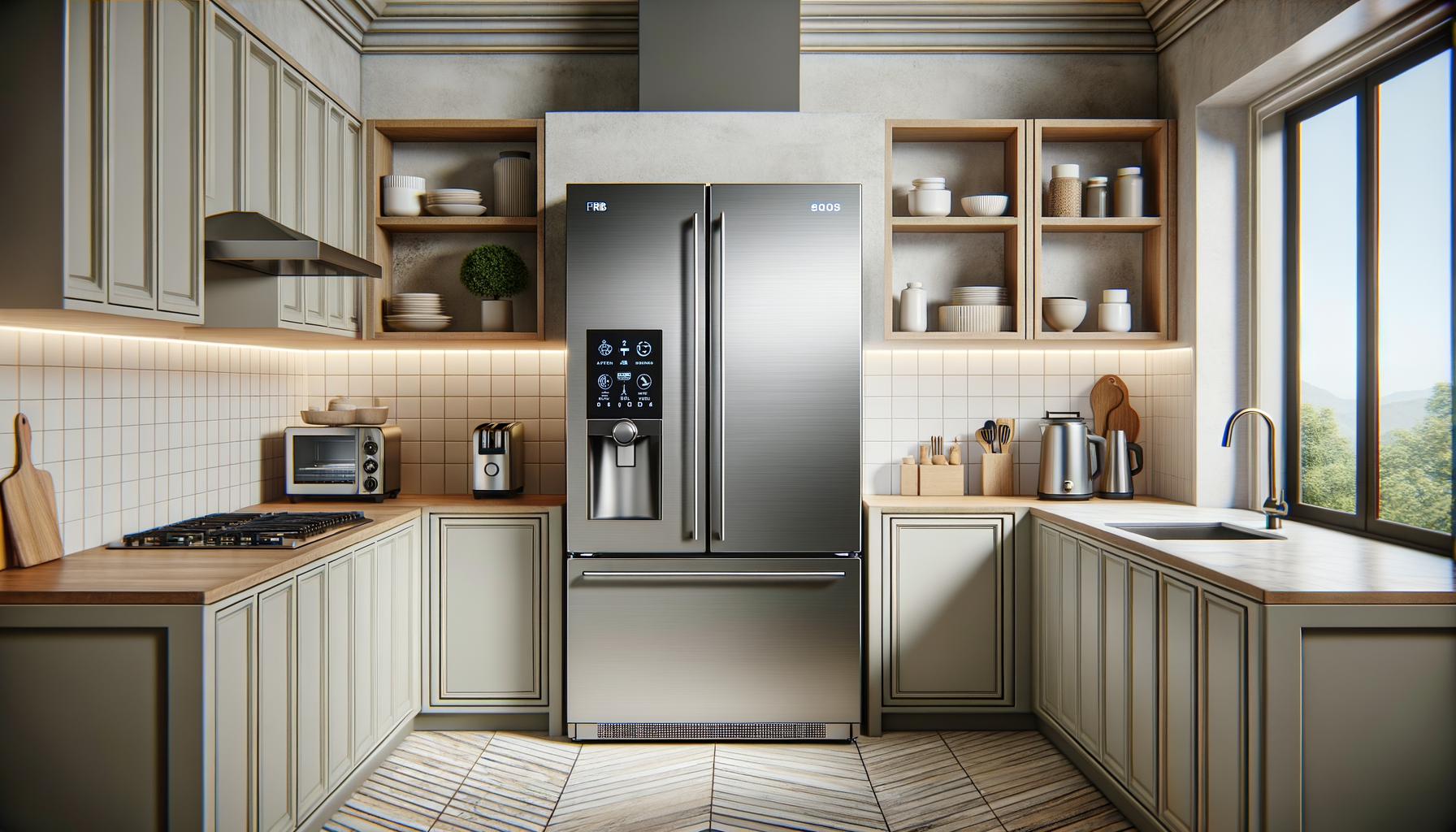
Smart Fridge: A Hub for Your Kitchen!
The Evolution of Kitchen Appliances
Kitchen appliances have come a long way from their humble beginnings. The evolution of technology has transformed these everyday tools into smart devices that not only make cooking easier but also enhance the overall kitchen experience. Among these innovations, the smart fridge stands out as a central hub in modern kitchens. It offers a range of features that go beyond traditional food storage, such as inventory tracking, recipe suggestions, and meal planning assistance. These advancements reflect a broader trend towards connected and automated homes, where convenience and efficiency are prioritized.
Smart fridges are equipped with sensors and cameras that monitor the contents and notify users of expiration dates, helping reduce food waste. They can even suggest recipes based on available ingredients, making meal preparation more efficient. Additionally, these appliances often come with touchscreens and internet connectivity, allowing users to browse the web or stream cooking videos while preparing meals. This integration of technology into kitchen appliances represents a significant shift in how we interact with our food and cooking processes.
Features of a Smart Fridge
The smart fridge is more than just a cooling device; it serves as a multifunctional tool that enhances the kitchen experience. One of the key features is its ability to track inventory. By using internal cameras and sensors, the fridge can keep a detailed list of its contents, alerting users when items are running low or nearing expiration. This feature not only helps in planning grocery shopping trips but also minimizes food wastage.
Another notable feature is the recipe suggestion capability. By analyzing the available ingredients, the smart fridge can propose meal ideas, making it easier for users to decide what to cook. This can be particularly useful for those who want to try new recipes or make the most of what they have. Additionally, many smart fridges come with built-in touchscreens that provide access to the internet. This allows users to look up recipes, watch cooking tutorials, or even check the weather while preparing meals.
These features highlight how a smart fridge can streamline daily kitchen tasks, making it an invaluable addition to any modern home. With its advanced capabilities, it supports a more organized and efficient approach to food management and meal preparation.
Comparing Traditional and Smart Fridges
When comparing traditional fridges to their smart counterparts, the differences are quite pronounced. Traditional fridges primarily focus on cooling and preserving food, with limited features beyond basic temperature control. In contrast, smart fridges offer a suite of advanced features designed to enhance convenience and efficiency in the kitchen.
Traditional fridges often require manual inventory checks and rely on the user to remember expiration dates. On the other hand, smart fridges automate these tasks, providing reminders and notifications directly to the user. This automation not only saves time but also reduces the likelihood of food spoilage.
Moreover, smart fridges can connect to other smart devices in the home, creating a seamless ecosystem that enhances the user experience. For instance, they can sync with smartphones to provide remote access to inventory lists or control settings. This level of connectivity and integration is something that traditional fridges simply cannot offer, making smart fridges a more appealing option for tech-savvy homeowners.
Benefits of Incorporating a Smart Fridge
Incorporating a smart fridge into your kitchen can offer numerous benefits, both in terms of functionality and lifestyle enhancement. One of the primary advantages is the reduction of food waste. With features like inventory tracking and expiration notifications, users can better manage their groceries and avoid unnecessary wastage.
Smart fridges also promote healthier eating habits by suggesting recipes based on available ingredients. This encourages users to cook more at home and try new dishes, which can lead to a more balanced diet. Additionally, the convenience of having a connected device in the kitchen means that users can easily access information and entertainment while cooking, making the process more enjoyable.
Furthermore, smart fridges can contribute to energy efficiency. Many models are designed to optimize power usage, reducing the overall energy consumption of the household. This not only helps the environment but also lowers utility bills, making it a cost-effective investment in the long run.
Considerations Before Purchasing a Smart Fridge
Before investing in a smart fridge, there are several factors to consider to ensure it meets your needs and preferences. First, assess your budget, as smart fridges tend to be more expensive than traditional models. However, the long-term savings on energy bills and reduced food wastage can offset the initial cost.
Next, evaluate the features that are most important to you. While some users may prioritize inventory tracking and recipe suggestions, others might value connectivity and integration with other smart home devices. It’s essential to choose a model that aligns with your lifestyle and cooking habits.
Lastly, consider the space available in your kitchen. Smart fridges come in various sizes and configurations, so it’s crucial to select one that fits seamlessly into your existing layout. By taking these factors into account, you can make an informed decision and enjoy the benefits of a smart fridge in your kitchen.


